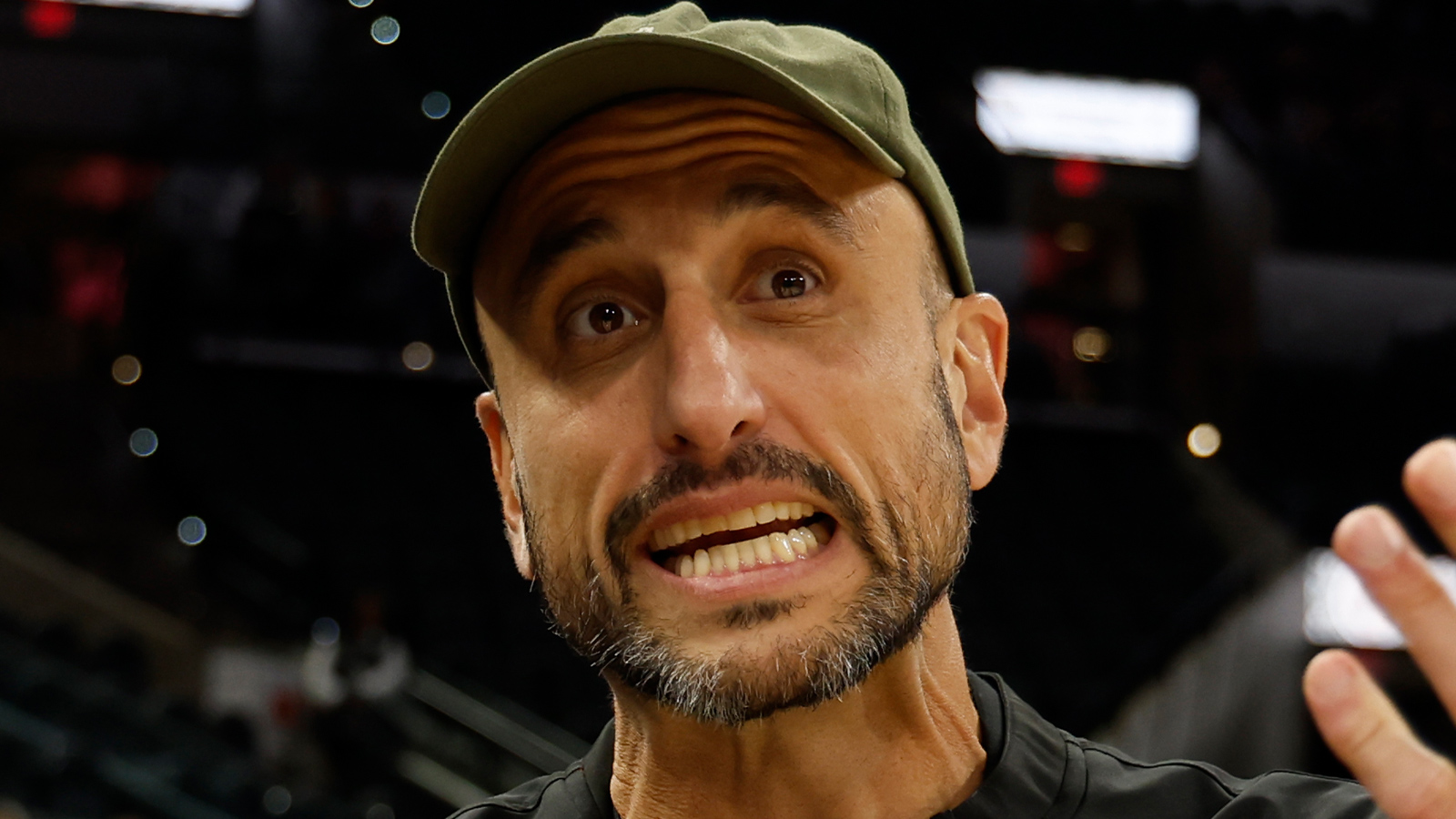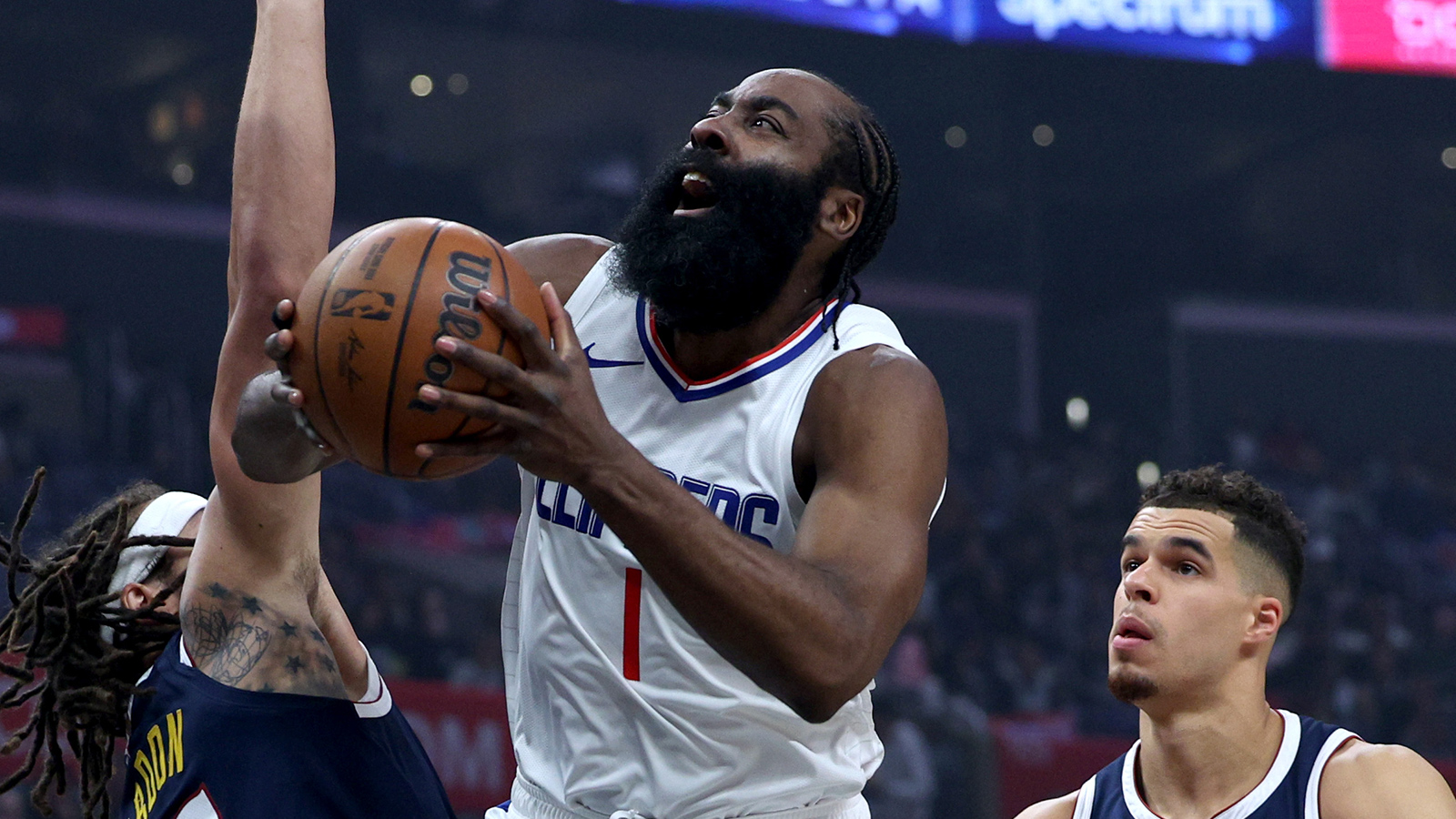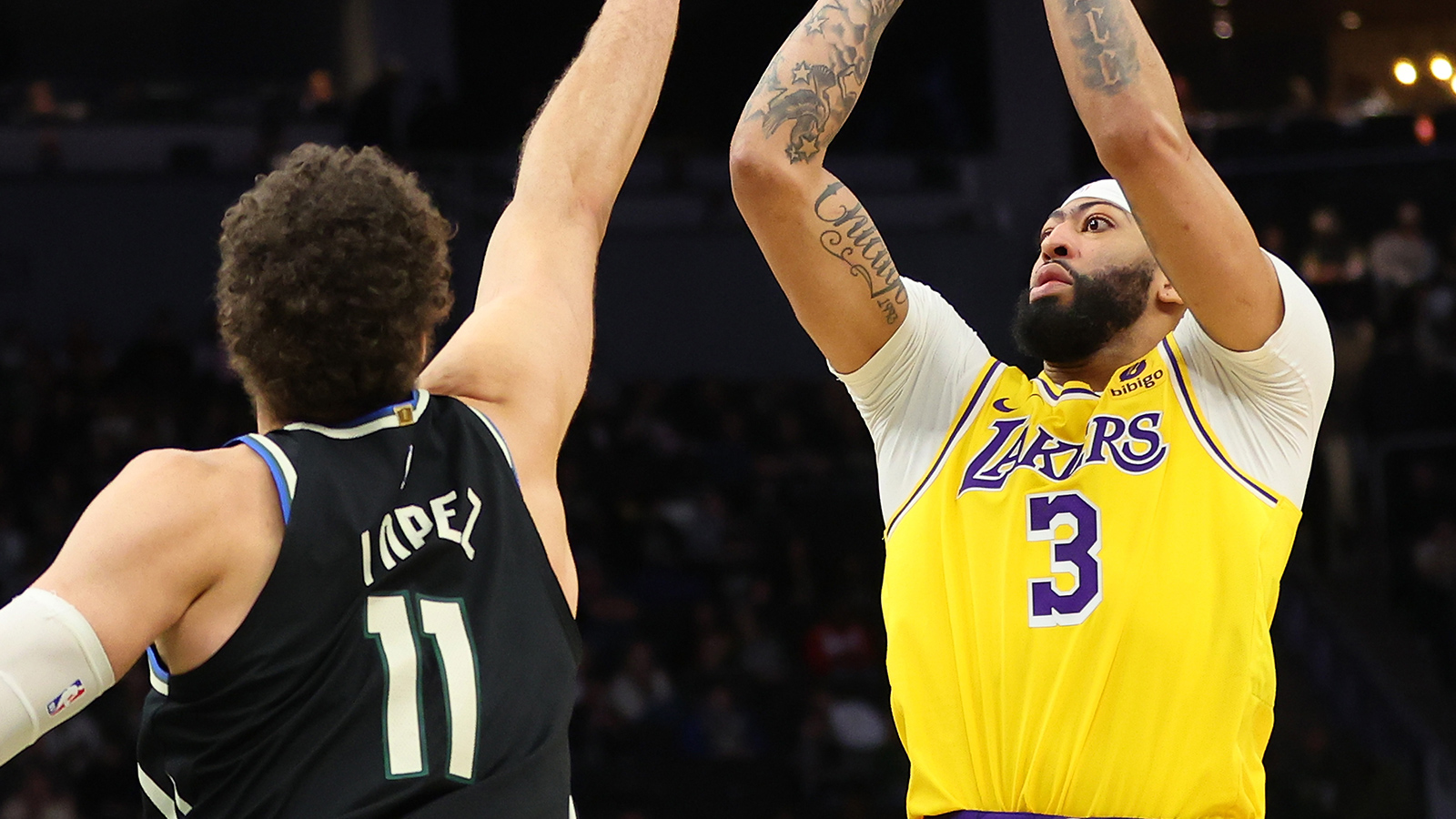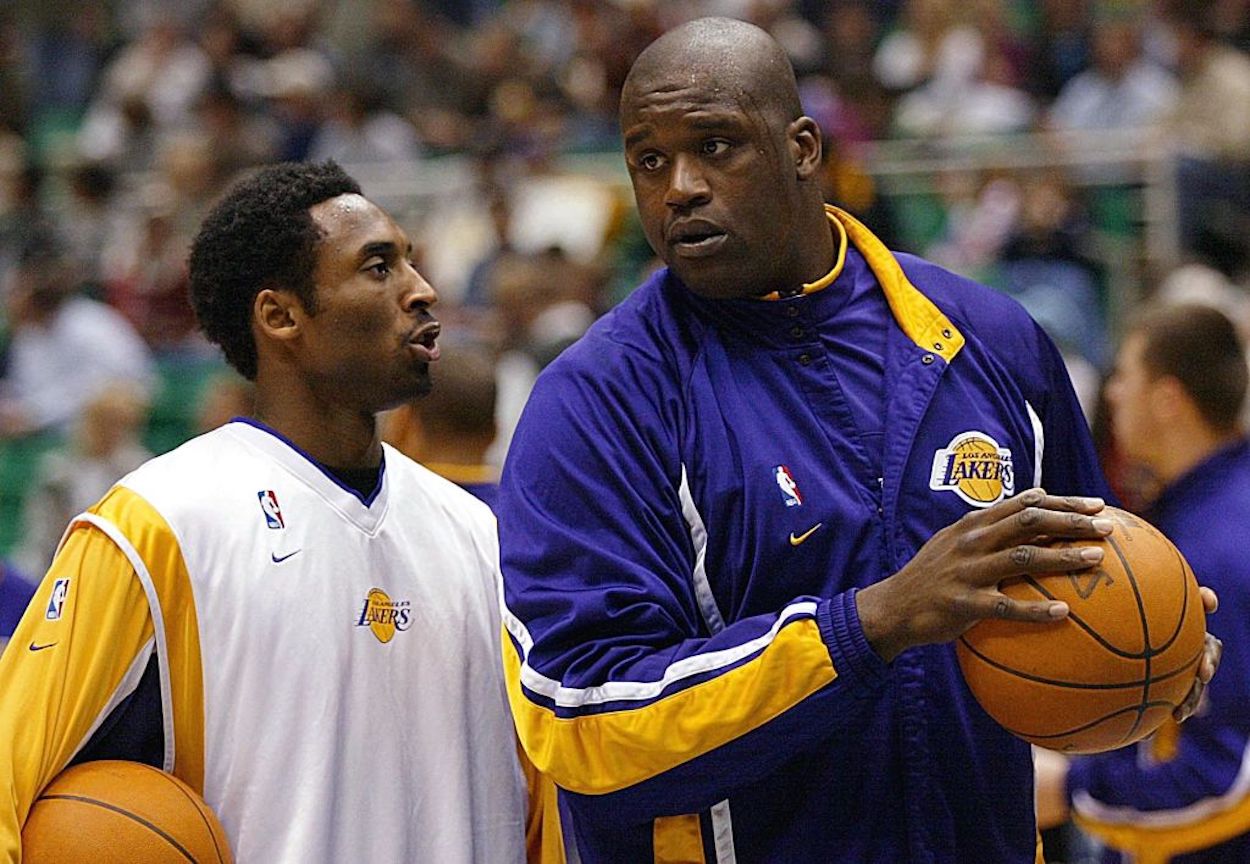
Kobe Bryant’s Competitive Fire Made Him an NBA Legend but Couldn’t Help Him Rap With Shaquille O’Neal
Even though he’s no longer with us, Kobe Bryant still looms large in basketball history. While his talent was the stuff of legends, the late Lakers guard is probably most remembered for his “Mamba Mentality.” No matter what obstacle stood in his way, he was able to overcome it through pure effort and determination.
Well, almost every obstacle.
During the early days of his NBA career, Kobe faced a unique challenge: trying to freestyle rap with Shaquille O’Neal. In that situation, no amount of preparation could save Bryant from his teammates’ teasing.
Kobe Bryant failed to realize that prior preparation isn’t part of freestyle rap
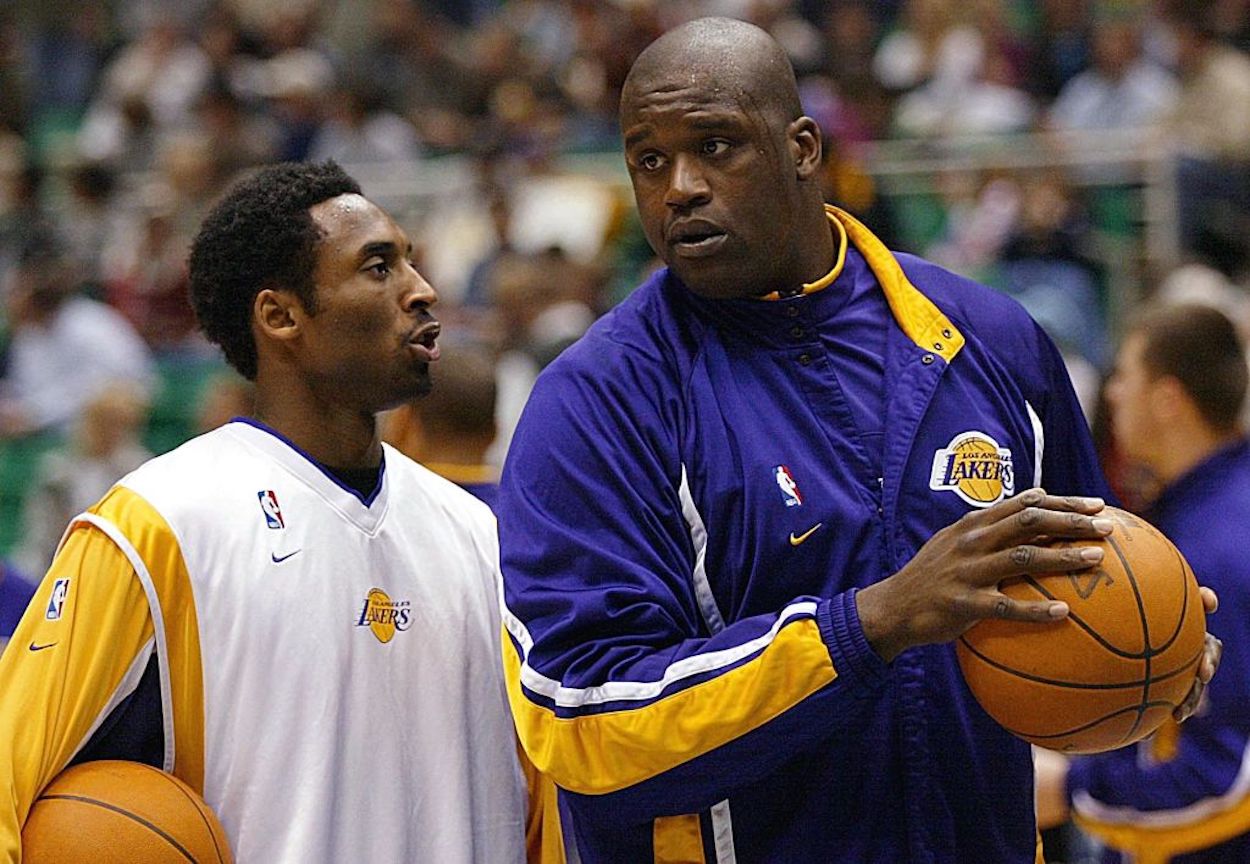
Just about everyone has heard some cliche that explains how preparation is the key to success. As Kobe Bryant once learned, though, that’s not always 100% accurate.
“The big man was rapping,” Jackie MacMullan explained on an episode of The Ringer’s Icons Club podcast. “And the guys on the bus were doubled over, howling with laughter. Shaquille O’Neal was freestyling, and his teammates whistled and cheered as he conjured uproarious rhymes out of thin air. Kobe Bryant listened intently. It was the ’96-’97 season, Kobe’s first with the Lakers, and he was 18 years old. Shaq, whose album, Shaq Diesel, had gone platinum two years earlier, encouraged his teammates to join in.”
Bryant, however, didn’t take part in the fun. In a move that would foreshadow his later contribution to NBA popular culture, he went home and got to work. The next time Shaq started rapping, the young guard would be ready with the best verse anyone had ever heard.
There was a catch, though. When Kobe shared his rhyme, it was clear that he had prepared ahead of time and, therefore, wasn’t freestyling like his peers.
“So, we would rap off the top, and then he’d go home, and he’d come back and use these big words,” Shaq recalled. “And we’d [look at him like,] ‘That’s not a freestyle.'”
MacMullan also added that Bryant would insist his words were completely improvised, but no one believed him. He was apparently devastated by the reception.
Rick Fox used that memory to share a more human side of Kobe
From afar, it would be easy to drop this anecdote into a seemingly endless file of moments when Bryant showed his “Mamba Mentality.” Thankfully, Rick Fox was able to provide some additional context. In this situation, it wasn’t Kobe, the fearless competitor; it was Kobe, the teenager who wanted to fit in with his peers.
“Kobe’s desire to fit in always came from a competitive place,” the former Laker explained. “In other words, if I can be better at this thing that we’re all doing or that you’re trying to do, then you’re going to have to respect me. And you’re going to have to let me in, right?”
Hearing that explanation is both incredibly understandable and incredibly jarring. On a human level, we can all relate to that position. Whether it was in school, at a new job, or in any other social situation, just about everyone has found themselves at the bottom of the social pyramid, trying to fit in. At that moment, you’d do anything possible to join the clique, even going home and meticulously preparing a rap.
With all of that being said, though, it’s jarring to hear Kobe Bryant following that pattern. In modern basketball lore, the Lakers legend has come the closest to assuming Michael Jordan’s mantle of unceasing competitiveness. No matter the situation, Kobe was willing to crush anyone who stood in his way; he was a Terminator, not someone looking to make friends, at least as far as we could see from the stands.
In a way, that juxtaposition is somewhat reminiscent of a reality we had to confront when the guard tragically died in a helicopter crash. As basketball fans, we knew Kobe as a force of nature; away from the court, though, he was a multifaceted man, a father, and, above all else, a human being.
All of that isn’t to say that we can’t view athletes as larger-than-life heroes; to some extent, that parasocial relationship is part of being a sports fan. We can, however, remember that, beyond the uniform, stats, and salary, there’s a human being in there.
After all, if Kobe Bryant can have a “desire to fit in” and meticulously plan out a rap to earn the respect of his teammates, he was more like the rest of us than we’d think.
